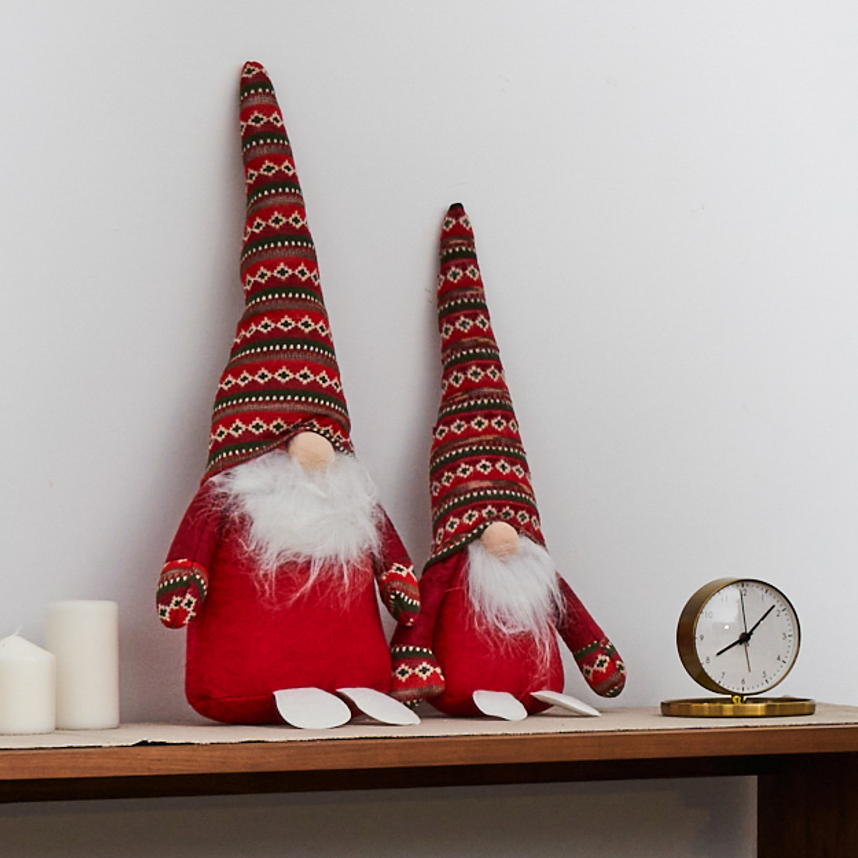Gift Psychology – What Your Gift Decision Says About You
The festive season is around the corner and as November sets foot, now is the time all of us are going to be scurrying around to find the perfect gifts for our loved ones for this Christmas and New Years. There are plenty of guides to help you figure out the perfect gift for different kinds of people, and of course, we don’t need to tell you what exactly to get for your nephew or your uncle. You know them the best. But have you ever wondered what gifts you choose for people says about you? Now that’s an interesting angle we often do not think about.
Where do you place the focus?
While looking for a gift, we tend to place the focus of the present on either ourselves, as the givers, or the receivers. If you choose something that you think your loved one would like, would find it handy to use or something that suits them – then you are being receiver-focused. However, if you find something that you like and you would like to give it to them so that they can hold this object to remember you then you are being giver-focused.
Different occasions call for a different focus. It wouldn’t be too nice to be giver-focused when you are getting a birthday present for someone. But sometimes it might be appropriate to do that – example, when you are going away for a while. Bear this concept in mind while you are picking for a gift and run it through your head to find which focus would be acceptable for the occasion you are getting the present for.
Do you prefer gifting someone with an experience instead of an item?
Most of us struggle with choosing the right gift for our loved ones – we Google for the top lists of trending gifts for different age groups, genders and types of people, we ask our peers for advice and we crack our heads over it. Researchers have analysed that people who prefer to gift their loved ones with an experience instead of an object tend to make the receiver grow closer to them. It has been proven that experiential gifts tend to make the two people grow stronger bonds in their relationship compared to material gifts.
If you are someone who likes to personalise gifts:
Most of us have this misconception that personalising gifts makes the gift more relatable and intimate to the person receiving it. However, studies have shown that when someone personalises a gift, they tend to do so based on their presumed characteristics and traits of the receiver. This does not necessarily fall in line with the receiver’s wants, needs and preferences. Therefore, gifts that are personalised tend to be narrow minded and not versatile. This leads to redundant gifts that the receivers do not really use! Personalising gifts is not a bad thing entirely, but while doing that, bear in mind to come up with something that your receiver would like rather than something that you think suits them.
Worried your loved one will hate the gift?
This fact may not exactly help your decision in picking a gift, but it’s an interesting one to know. The present that you give someone gently sends across a message about how close your bond or relationship is with the other person. It’s true that it’s the thought that counts, but come on, we all want our loved one to love their gift wholeheartedly.
When your receiver likes your gift truly, research has shown that they eventually start to see themselves closer and more similar to the givers. Which means to say that if I were to get you a really good gift, you would start to think that both of us are alike and have many things in common compared to when you do not like the gift that i get you. Interesting enough, this idea works a lot more if the receiver is a male. There were specific cases in the study where the males received a bad gift and eventually led the relationship to end, simply because of the subconscious thought that they were not similar to their partners.
Take this with a pinch of salt, but bearing this at the back of your head while getting a gift for your male partners might help!
Do you feel guilty to re-gift a present?
It is almost this unsaid, unwritten rule that you should never re-gift a present if you are giving it to someone really important in your life. Re-gifting feels like a sin to commit – something so morally wrong because you are simply ignoring the efforts that your gift-giver put in when they got it for you. When we put ourselves in the receiver’s shoes, we often think that they are free to do whatever they want with the gift since it is theirs now (although we would feel quite betrayed if they go on to re-gift it to someone else). However, when we are the receiver, we tend to feel tied to our giver to do such a thing.
Our personal take on this is that you don’t have to feel guilty to re-gift a present. It’s an act of efficiency, redistributing what you need and what you don’t. As long as the gift you are giving away was not used or handmade, there is absolutely nothing wrong in thinking someone else might like it or use it better than you. Better than letting it go to waste, right?
Despite the negative and positive aspects or things that you learnt about gift-giving, remember that giving a gift often gives you more gratification than receiving. This has been proven by studies, and is also evident in many of us. The smiles, thank yous and happiness that we get in return of giving a gift has no price. Perhaps that’s why the idea of gift-giving during Christmas and Santa Claus is undying and existent till now!














